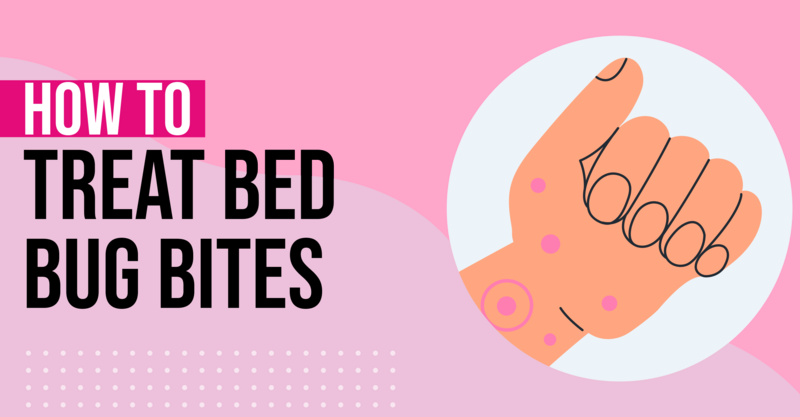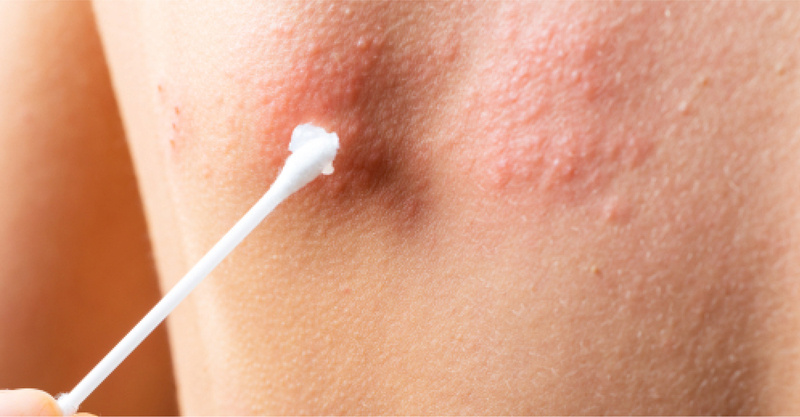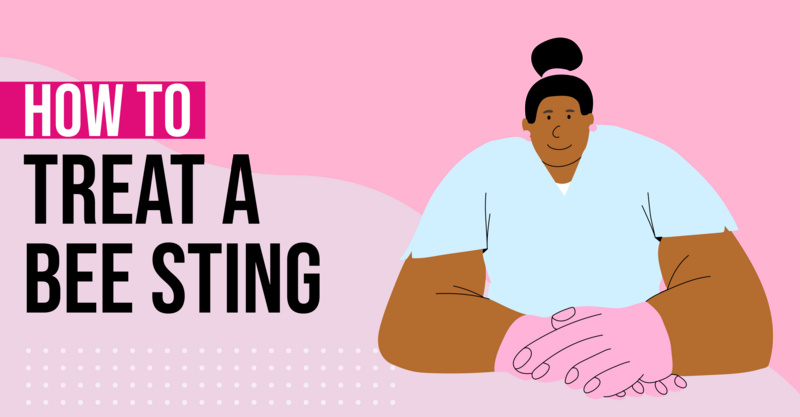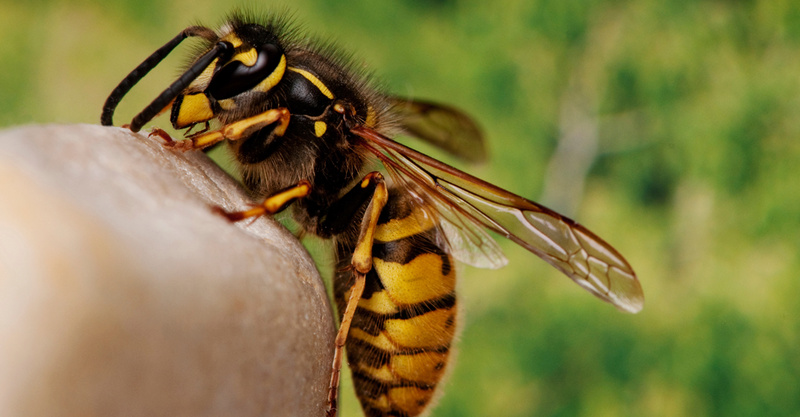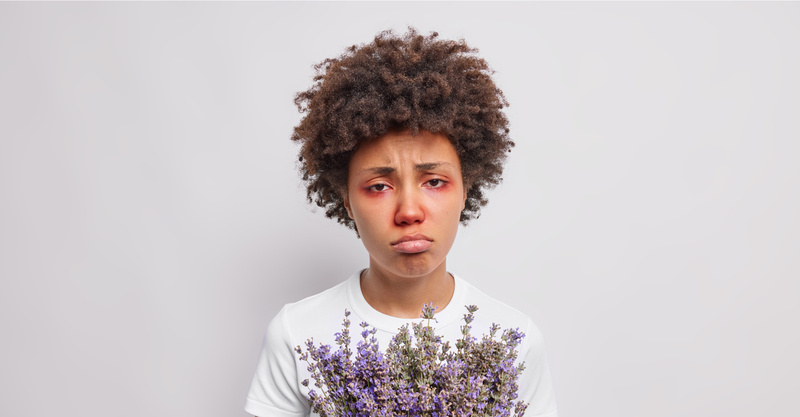Key Points
- Hives can be caused by allergies, stress, and infections.
- Severe symptoms, anaphylaxis signs, and certain triggers warrant urgent care attention.
- Treatment includes antihistamines, corticosteroids, and lifestyle changes.
If you're experiencing itchy, red bumps on your skin, you may be experiencing a common allergic reaction known as hives. While hives are typically not serious, they can be uncomfortable and even painful. Knowing when to seek urgent care for hives can help you manage your symptoms and get the right treatment when you need it.
If you've recently come into contact with something you are allergic to, you may develop hives as a result. However, the Mayo Clinic notes that other common triggers of hives can include stress, heat, and certain medications. If you're experiencing hives and you're not sure what's causing them, it's important to seek medical attention to rule out any serious underlying conditions.
Symptoms of Hives
Hives is the general term for an allergic reaction that affects the surface of the skin, according to the Cleveland Clinic. Hives can look slightly different each time and from person to person. Below are some common characteristics of hives, as explained by the Mayo Clinic.
“Hive Rash”
Hives often appear as redness, welts, bumps, rash, or blisters on the skin according to the Mayo Clinic. The affected area may also be raised and itchy. The size and shape of hives can vary, and they may appear in clusters or as a single bump.
Itching and Burning Sensations
Some hives can be extremely itchy and may cause a burning sensation. Scratching the affected area can make the itching worse and may even cause the hives to spread according to the Mayo Clinic.
Swelling of the Affected Area
Hives may also cause swelling over the affected area. This swelling is usually mild, but it can be severe in some cases according to the Cleveland Clinic.
In addition to the symptoms listed above, the Mayo Clinic notes that hives can also cause other symptoms, such as:
- Pain or discomfort
- Difficulty breathing
- Dizziness
- Fainting
- Nausea
- Vomiting
- Diarrhea
- Fever
- Fatigue
If you experience any of these symptoms, the Mayo Clinic recommends that you seek medical attention immediately, as these symptoms may be a sign of a more serious condition.
Going to Urgent Care for Hives
Hives are a common skin condition that can be caused by a variety of factors, according to the Mayo Clinic. Some factors that can cause hives are:
- Allergies
- Stress
- Infections
While most cases of hives are mild and can be treated at home, there are times when urgent care may be necessary.
When to Seek Urgent Care
Severe symptoms
Many cases of hives are mild and resolve on their own or with over-the-counter medications. Some cases, however, can be severe. If you are experiencing severe symptoms, it is important to get checked out, according to the Cleveland Clinic and Kaiser Permanente. Severe symptoms include:
- Widespread rash
- Symptoms that interfere with your daily activities
- Symptoms that do not resolve within 24 hours
- Hives that appear after you start a new medication
- Signs of anaphylaxis
Anaphylaxis
If you are experiencing severe symptoms or signs of anaphylaxis, it is important to seek medical care immediately. Anaphylaxis is a severe allergic reaction that can be life-threatening if not treated right away. Symptoms of anaphylaxis according to the Mayo Clinic may include:
- Difficulty breathing
- Swelling of the face, lips, and tongue
- Rapid heartbeat
- Dizziness or fainting
- Nausea and vomiting
Anaphylaxis can occur when you are exposed to something you’re allergic to (such as peanuts or insect stings). If you experience any of these symptoms, it is important to get medical care right away—even if you have an epinephrine auto-injector.
What to Expect During Urgent Care
During your visit to urgent care for hives, you can expect to undergo a physical exam and diagnostic tests. Your urgent care provider will examine your skin to determine the severity of your hives, and ask you questions to determine the cause of the hives. They may also perform allergy testing or refer you to an allergy specialist for further testing.
Treatment Options for Hives
The treatment options for hives will depend on the severity of your symptoms, according to the Cleveland Clinic. Mild cases of hives can often be treated at home with over-the-counter antihistamines (such as Benadryl and hydrocortisone cream). However, if your symptoms are severe, you may require more aggressive treatment from a healthcare provider.
Treatment options for hives may include:
- Oral medications
- Topical creams
- Injections
- Immunosuppressants
- Phototherapy
Home Remedies for Hives
If you are experiencing a mild case of hives, there are some home remedies that may help alleviate your symptoms. Here are some options to consider, as listed by the American Academy of Dermatology Association (AADA):
Cold Compress
Applying a cold compress to the affected area may help reduce swelling and itching. You can use a cold, damp towel or an ice pack wrapped in a towel. Apply the compress for 10 to 15 minutes at a time, several times a day.
Lukewarm Shower or Bath
Taking a bath can help soothe your skin and relieve itching. The AADA recommends using fragrance-free soap and a soft washcloth that will be gentle on your skin.
Antihistamines
Over-the-counter antihistamines can help relieve itching and reduce swelling. The AADA notes that you should follow the instructions on the package carefully and consult with a healthcare provider if you have any questions.
There are several other home remedies that may also help relieve hives symptoms, such as:
- Mixing baking soda with water to create a paste and apply it to the affected area.
- Mix equal parts of vinegar and water and apply it to the affected area with a cotton ball.
- Brew chamomile tea and apply it to the affected area with a cotton ball.
- Apply witch hazel to the affected area with a cotton ball.
- Apply calamine lotion to the affected area.
- Put ½ cup of ground oatmeal into your bath water
Remember that home remedies are not a substitute for medical treatment. If your symptoms persist or worsen, seek medical attention from a healthcare provider.
How to Prevent Hives
While there is no guaranteed way to prevent hives, there are steps you can take to reduce your risk of developing hives in the future. Here are some tips to help prevent hives, as listed by the Cleveland Clinic.
Identifying and Avoiding Your Triggers
One of the most effective ways to prevent hives is to identify and avoid triggers that cause them, notes the Cleveland Clinic. Common triggers for many people include: Certain foods
- Medications
- Insect bites
- Exposure to heat or cold
Keeping a diary of your symptoms and activities can help you identify your triggers. Once you have identified what is causing your hives, you can take steps to avoid it.
Protect Yourself Outdoors
Wearing protective clothing and using insect repellent and broad-spectrum sunscreen can help reduce your risk if you are prone to hives caused by:
- Insect bites
- Exposure to the sun
- Exposure to extreme heat or cold
- Exposure to certain plants
Stress Management, Diet, and Lifestyle
Stress can trigger hives in some people. To reduce your risk, try to manage stress through relaxation techniques such as yoga, meditation, or deep breathing exercises.
Eating a healthy diet and getting regular exercise can also help reduce stress and improve your overall health, according to the Mayo Clinic.
Following Your Treatment Plan for Underlying Conditions
If you have an underlying condition such as an autoimmune disorder or chronic infection, following the treatment plan prescribed by your doctor can help reduce your risk of hives.
Getting Care for Hives
Hives can be caused by a variety of factors, including allergies, stress, and infections. If you experience hives, it is important to get urgent care if you have difficulty breathing, swelling in your face or throat, or if your hives are accompanied by a fever, recommends the Cleveland Clinic.
Urgent care clinics are a great choice for getting care for hives. They can help you manage your symptoms and monitor you for complications. Treatment options may include antihistamines, corticosteroids, and epinephrine injections—your urgent care provider can help you determine the best course of treatment for your specific case.
Frequently asked questions
What are hives and what causes them?
Hives are a common allergic reaction that affects the surface of the skin, causing itchy, red bumps. They can be triggered by various factors such as allergies, stress, heat, certain medications, and infections.What are some common symptoms of hives?
When should I seek urgent care for hives?
You should seek urgent care for hives if you experience severe symptoms such as widespread rash, symptoms that interfere with your daily activities, symptoms that do not resolve within 24 hours, hives that appear after you start a new medication, or signs of anaphylaxis.What is anaphylaxis and what are its symptoms?
Anaphylaxis is a severe allergic reaction that can be life-threatening if not treated right away. Symptoms of anaphylaxis may include difficulty breathing, swelling of the face, lips, and tongue, rapid heartbeat, dizziness or fainting, and nausea and vomiting.What can I expect during an urgent care visit for hives?
During an urgent care visit for hives, you can expect to undergo a physical exam and diagnostic tests. The healthcare provider will examine your skin to determine the severity of your hives and ask you questions to determine the cause. They may also perform allergy testing or refer you to an allergy specialist for further testing.What are some treatment options for hives?
Treatment options for hives can include oral medications, topical creams, injections, immunosuppressants, and phototherapy. Mild cases of hives can often be treated at home with over-the-counter antihistamines.What are some home remedies for hives?
Home remedies for hives can include applying a cold compress to the affected area, taking a lukewarm shower or bath, and using over-the-counter antihistamines. Other remedies can include applying a paste of baking soda and water, a mix of vinegar and water, chamomile tea, witch hazel, calamine lotion, or ground oatmeal to the affected area.How can I prevent hives?
To prevent hives, you can try identifying and avoiding triggers that cause them, wearing protective clothing and using insect repellent and broad-spectrum sunscreen outdoors, managing stress through relaxation techniques, eating a healthy diet and getting regular exercise, and following your treatment plan for any underlying conditions.
Solv has strict sourcing guidelines and relies on peer-reviewed studies, academic research institutions, and medical associations. We avoid using tertiary references.

 LinkedIn
LinkedIn

